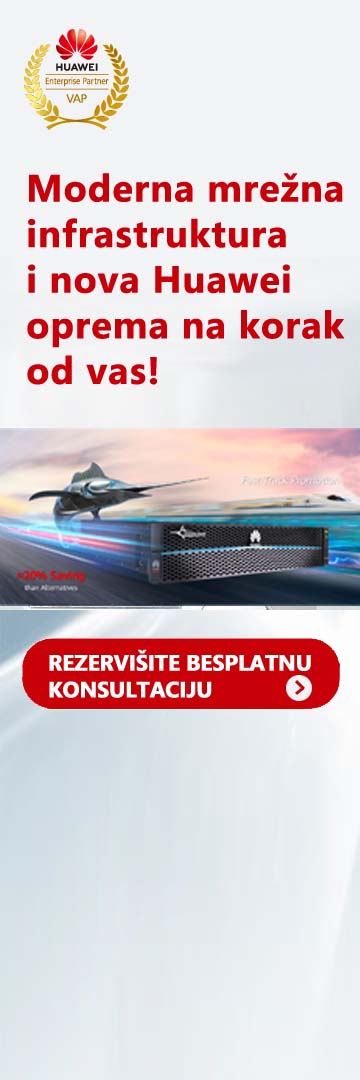UNS info
23. 09. 2019.
Anderson on the Last Day of the Murdered Journalist: One Could Feel the Hatred, Serbian Journalists Were Afraid
A multi-award-winning British journalist Brian Anderson testifies to the final moments of Aleksandar Simović, the journalist of Swiss Media Action International radio, kidnapped and murdered in Priština, for the dossier of the Journalists’ Association of Serbia (UNS).
- We called him Alex. That night we sat in a bar in Priština – him, my Albanian friends I worked with in Skopje and me. Alex spoke Serbian in a loud speaking voice. People at the nearest table told the girl from Skopje to come to their table. She came back terrified. She said something like: “They said they would get him” referring to Alex, told Anderson.
Crying was heard in the Media Action International’s Serbian studio the following day.
- His father came and said “Alex was murdered”, told Anderson.
According to UNMIK‘s intelligence, Simović was kidnapped on August 21st, 1999 in Café Picasso in Priština. Anderson‘s memories match UNMIK’s document description and the above mentioned facts on the events of August 20th, 1999 at the Qafa jazz club the Journalists’ Association of Serbia wrote about.
- It happened only a few days after I came to Kosovo. I don’t remember the details about that night. I still have a recording of a female singer at the bar, as the girl from Skopje informed me I shouldn’t record other people as most of those probably were in the UCK, our interlocutor says, and adds that that nobody, including the Tribunal, had ever asked him to speak about that subject.
Anderson came to Kosovo for the first time in 1999 at the invitation of the Media Action International NGO to make two production studios for news programmes in Albanian and Serbian. He trained young journalists and producers.
Marjan Melonashi, a missing journalist, was among them.
- I really liked Marjan. I would say we were friend. He came to me and said “I would like you to teach me to edit programmes”. I accompaned him in his field work to record stories. I think he was afraid. Such a nice young man. One night we drove in his car and he went out to buy ćevapi. He came back and said: “This man told me he knew who I was and that he would get me“, states Anderson.
He said he had left Kosovo in September 1999, and Marjan, Olivera Bernadoni and another colleague continued doing this big and demanding job. They made a lot of great programme.
- When I came back in 2000 I heard what happened to Marjan, Anderson tells UNS.
Before Kosovo, Brian was a programme editor for a radio station in Scotland, and then worked in China.
- I wanted to do something useful. I was first invited by an NGO to go to Macedonia, make a radio studio and teach people how to do half-hour radio broadcasts for Kosovo refugees, Anderson said.
He adds he was told to make studios for Albanians and Serbs in Priština and help in the making of the programme.
- Priština resembled a dumpjard. The Albanians won the war, and the country was one big party. Albanian reporters were able to create programmes and travel, Serbs were afraid and I had to drive them in my car. I bought them food as they were afraid to leave the studio building. I felt hatred in the air. You could sense it more than anything else, testifies Anderson.
He points out that quality journalism had been impossible back in 1999, but that it had been important to keep trying. He says that it is incredibly important for media not to separate, but include both sides.
- When I returned to Kosovo in 2000, a Serbian working in Priština told me this: ”I wanted to be a reporter and I looked forward to meeting Western journalists, but of all that I met, I would only call two people human beings. You are one of them”. It is the biggest compliment I have received. I came to Kosovo as a “professional” and left as a human being, says Anderson.
After Kosovo, Anderson worked similar jobs in South Africa, Botswana, Afghanistan and Uzbekistan. Today he lives in Scotland and manages the www.simplifeye.co.uk website. He says he cried many times since we had asked him to speak about Aleksandar Simović.
* Reprinting, republishing or usage parts or the entire article is permitted with mandatory source guidance







comments (0)
???live_comment???No comments on this topic.